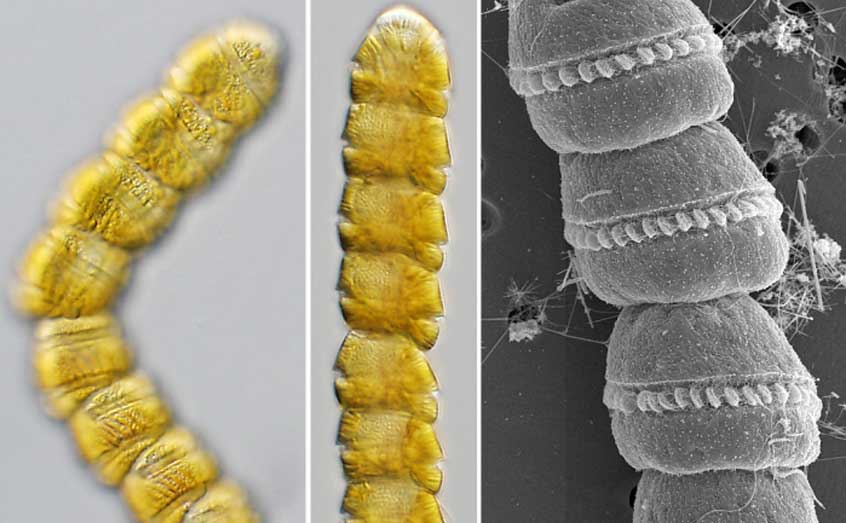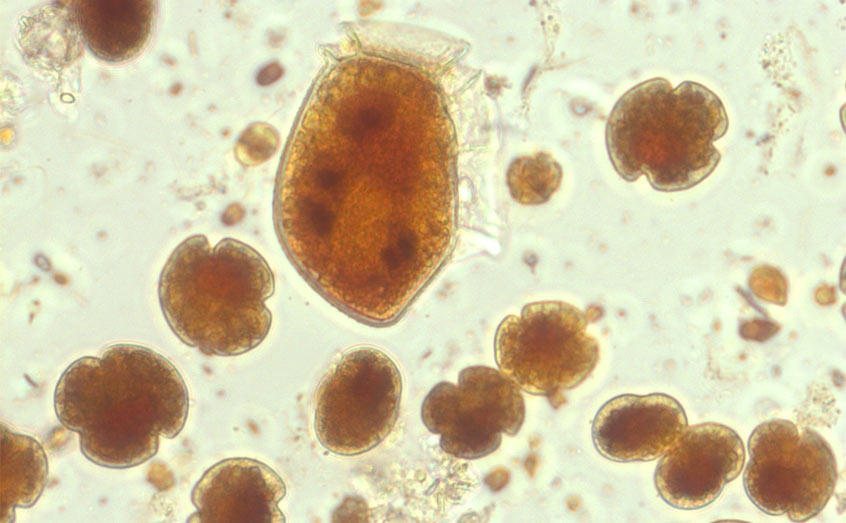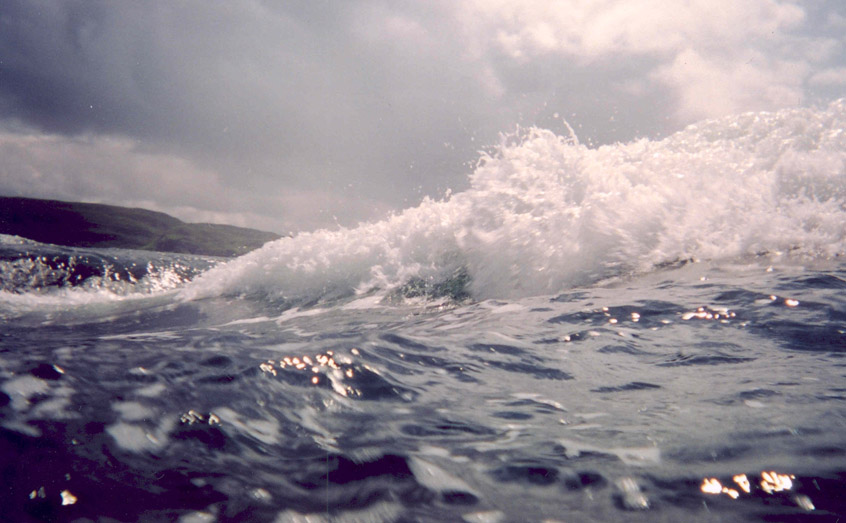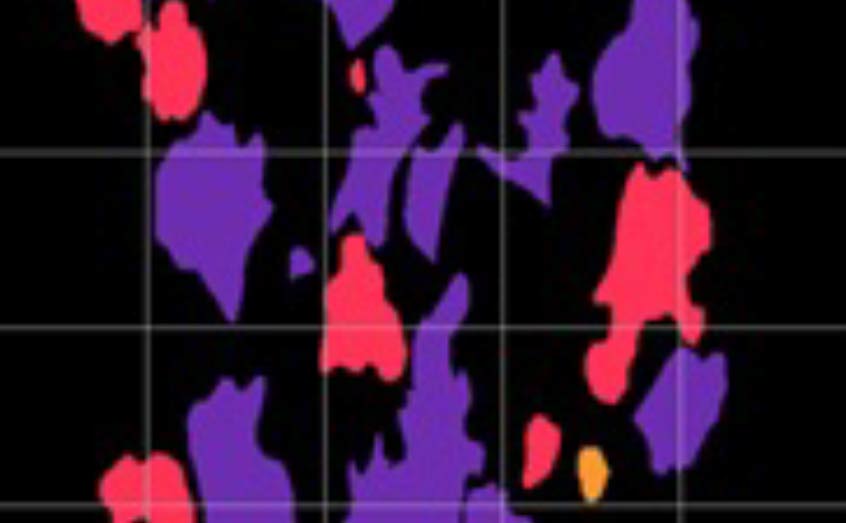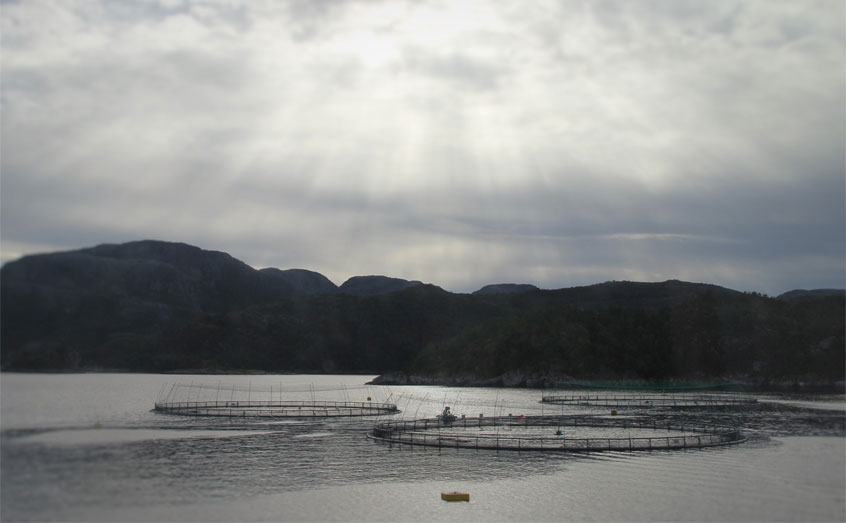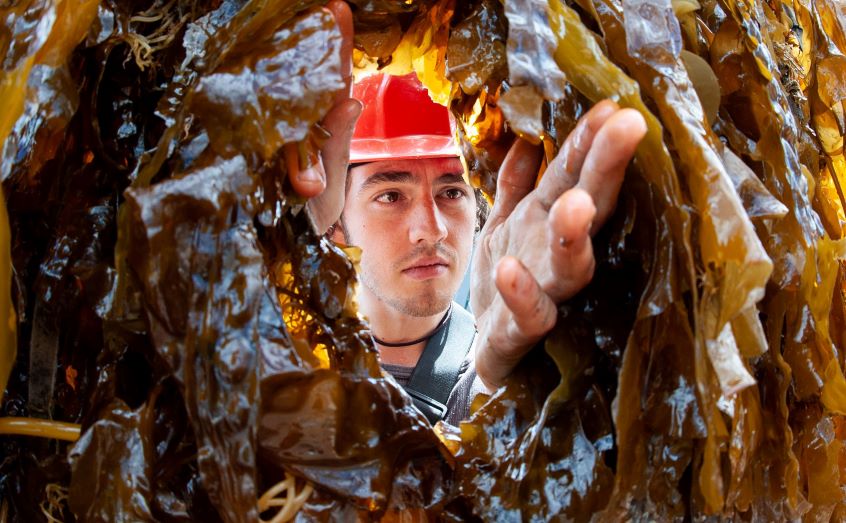Rationale
With a growing human population our hunger for seafood has never been greater. More than half of our seafood is now farmed as fishing seems to have reached its maximum capacity.
The rapid expansion of the marine farming industry in the past 50 years has not only produced valuable and healthy nutrition and millions of jobs but also numerous environmental problems. The future environmental and economic viability of the aquaculture industry depends on developing farming approaches that promote good environmental status.
In the UK 96% of all marine aquaculture is based in Scotland, where the industry aims to double its turnover value to £3.6 billion and its employment numbers to 18,000 by 2030. We engage with the industry, regulators, policy makers and stakeholders to identify what holds the development of the industry back and work on solutions.
Our research aims to provide understanding and know-how that promote a sustainable aquaculture industry operating in a healthy and diverse marine environment.
Promoting sustainable aquaculture with focus on seaweed cultivation, novel feed-stock, new species, biosecurity and disease prevention
SAMS research has two areas of particular expertise: the farming of seaweed and the interaction between aquaculture and the environment from both perspectives: the services and impacts the environment provides to the aquaculture industry and a sea farm's impacts on the environment.
Seaweed cultivation is undergoing rapid global expansion and is a commercial activity ideally suited to the sheltered, nutrient-rich waters of the west coast of Scotland. Exploiting expertise developed at SAMS, we work with the industry to provide seeded line technologies as well as expertise on farm location and disease management.
Sustainable feed-stocks for larval fish are a pinch-point for the industry that we address by developing new feed-stocks using in house macro-and microalgae resources and cultivation of wild caught invertebrates.
We also use our fundamental science to learn how changes in the global environment and society will impact the industry to allow it to prepare itself for the future. For example rising temperatures will affect the aquaculture industry in many ways: farmed animals and algae are likely to grow faster and we may also be able to farm new species. On the down side we might see ocean acidification cause erosion in the shells of molluscs, and new and more virulent diseases and pathogens to plague the industry. We might also have to cope with more alien invasive species disturbing marine farms and habitats.
Substantial monocultures are challenging to farm in an environmentally sustainable manner. We have invested many years of research to improve our understanding and the available methods and systems to farm a variety to species together to increase the environmental and economic resilience of the farming of marine food species (Integrated Multi-Trophic Aquaculture, IMTA). The idea is to grow several species together to minic an ecosystem where the waste products of one species become the food for the next, thereby increasing the overall yield and reducing the impact.
Seaweed cultivation
Despite its popularity on the world market, there is no seaweed growing industry to speak of in the UK. As our coastal environment lends itself perfectly for such an industry, SAMS has worked towards enabling the growth of a Scottish and European seaweed cultivation industry by developing and optimising cultivation protocols for a growing number of seaweed species. We are currently growing large kelps (eg Laminaria saccharina and Alaria esculenta) as well as smaller green (Ulva sp) and red seaweeds (Palmaria palmata). We have also expertise in the study of algal pathogens (eg GlobalSeaweed*) and the digestion of seaweed biomass into bioenergy (eg SeaGas and Macrofuels projects) and other marketable products (eg GENIALG). We also study the environmental impacts of farming seaweed - including the introduction of invasive non-native species - as well as the consequences of wild harvesting. We work with partners from across the globe in particular from countries with mature seaweed growing industries eg China, Korea, Japan, the Phillipines, and East Africa.
Cultivating new shellfish species
We have a long history in developing the cultivation of echinoderms, in particular sea urchins but also sea cucumbers. We do this in Scotland but also in warmer climes such as Mauritius.
The environment signficantly challenges farmers to produce healthy seafood and we work to understand the following
- >Harmful Algal Blooms: detection, forecasting, and influences
- >Capacity modelling
- >Jellyfish monitoring
- >Impacts of invasive species
We work on the following aspects of how aquaculture affects the surrounding environment
- >Predictive modelling of benthic effects of aquaculture: AutoDEPOMOD/MERAMOD
- >The fate of medicines in the environment
- >Environmental impact assessment methodology
- >Benthic recovery and sediment sulphides
- >Hydrodynamical modelling: FV-COM: from bay to shelf
- >Modelling lice transmission and connectivity
- >Regulation of aquaculture
Integrated socio-ecological impacts and policy
Stakeholder and policy mapping

